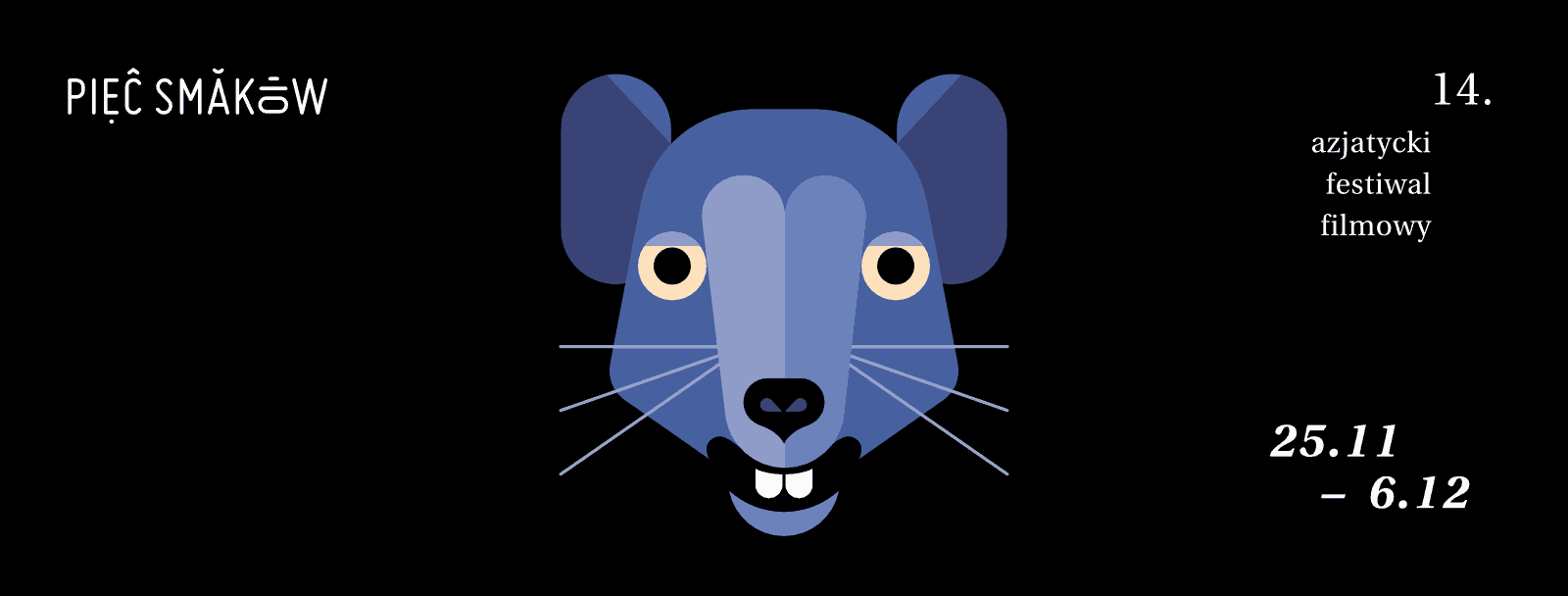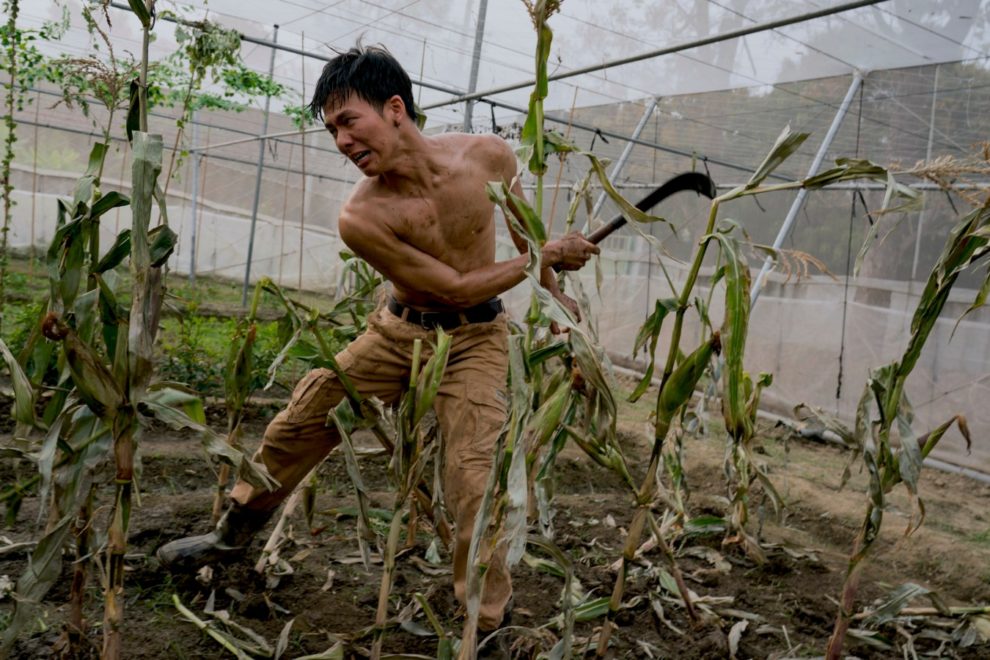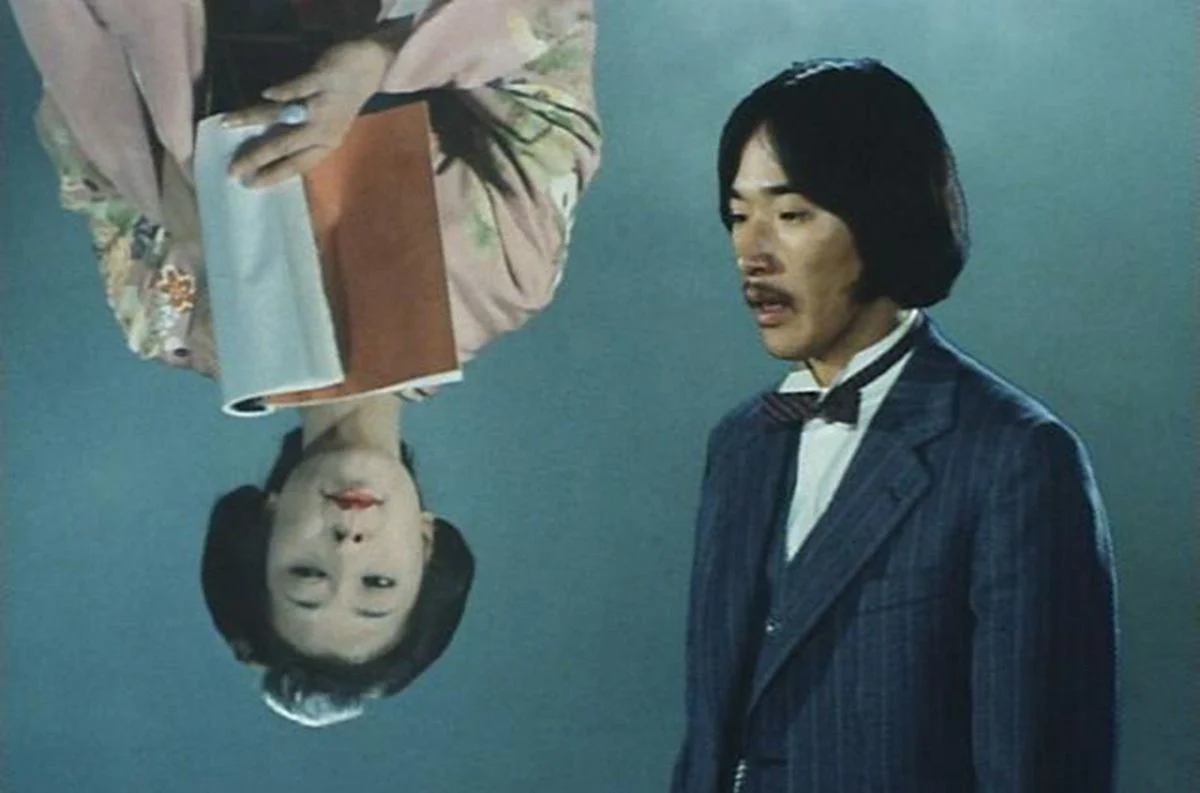Taking up two significant but also quite different issues, in this case the guerrilla war between the Malayan Communist Party (MCP) troops and the British army (1948-1960, a period that remains taboo for the Malaysian government) and immigration (in this case of Philippino and Malaysians in Taiwan) is a rather ambitious task. Lau Kek Huat and Vera Chen gave it their best. Let us see how they fared.
Boluomi is Screening at Five Flavours Asian Film Festival

The narrative unfolds in two axes. In the first one, Wu Yi-fan is a Malaysian ethnic Chinese who is studying agriculture in Taiwan, after failing to get into any Malaysian university due to his descent. His life in Taiwan is quite difficult, since he does not get along with the local students, has to work long hours to make ends meet, and his only two friends are two other Malaysian-Chinese, one his age, and one of his professors. Eventually, he meets Laila, a Filipino woman who works as a cleaner at a “massage parlor” and mostly hangs out with a Vietnamese sex worker, whom she also shares a room with, along with two more women. The”heroes” strike a reluctant friendship, and soon things start to look better for both of them, but only for a bit.
The second axis takes place during the '50s and the '60s in Malaysia and revolves around Yi-fan's father, a child of Chinese communist guerillas, whose life begun with them leaving him in the jungle as a baby, an elderly Malay couple adopting him by chance, before his real mother appears to take him back again. Still a child, he has to face living in the jungle under extreme poorness, frequent skirmishes between the two factions, and a mother who also wants to use him for “the cause”.
The first axis presents a number of sociopolitical comments, particularly regarding people like Wu Yi-fan, whose mixed descent makes him a pariah in any kind of setting he inhabits. At the same time, it also deals extensively with the lives of immigrants in Taiwan, with the film highlighting the ways they are exploited, as they try to make enough money, not only to sustain themselves, but also to send back to their families in their home countries. Both Yi-fan and Laila are mediums of this comment, but the more intense “sample” comes from the Vietnamese woman who has to work as a prostitute, only to be kicked out when she cannot any more. The fact that she continues to work despite being ill and her eventual fate result in one of the most dramatic aspects of the story.
At the same time, the directors also make a comment about the roots of violence, as exhibited in Yi-fan's life story, and the ways loneliness and alienation can shape any human being. The solution, of people of different origins finding common ground through a number of cultural similarities, as exemplified by the titular fruit, gives an overall optimistic note to the narrative, although the directors are careful not to present any kind of idyllic comments in that regard.
The past arc emerges as even more shocking (and occasionally more interesting) with the realism of the circumstances of the time in Malaysia and how easily people were experiencing tragedy providing a series of truly captivating sequences. Particularly the finale of the axis, which actually connects the two protagonists through the concept of loneliness, is quite memorable, with the ways the two parts are connected also highlighting the work done by Jessica Wan-Yu Lin and Ching-Sung Liao in the editing department.

However, while the overall comments are well presented and quite interesting, the same does not apply to the subtle romance that unfolds in the first arc, which ends up being cheesy on a number of occasions, while Yi-fan's relationship with his father can only be interpreted as a sort of autobiographical element, instead of having a direct connection with the overall narrative.
At the same time, while the parallels between the two axes are well-presented in their details, the two do not seem to fit so well as a whole, essentially resulting into something that could be perceived as two different films, particularly in terms of aesthetics. This difference, which also extends to the quality of Ming Kuang-Yeh's cinematography (more polished in the present arc and more documentary-like in the past), ends up making the second part more interesting, and the overall film, quite uneven. Lastly, the number of different episodes (as the one with the “eel-man”) add to the entertainment the movie offers and intensify the dramatic circumstances of the protagonists, but in the end, they seem somewhat disconnected from the overall narrative.
Regarding the acting, Nien-Hsuan Wu as Yi-fan has his good and his bad moments, while Laila Ulao presents Laila with a sense of measure and an overall realism that benefits the narrative significantly.
There are many good aspects in “Boluomi” and the directors seem to have some very good ideas to present. However, their command of the medium is not exactly on the level such a difficult film demanded, resulting in an effort that could be described as a missed chance.















